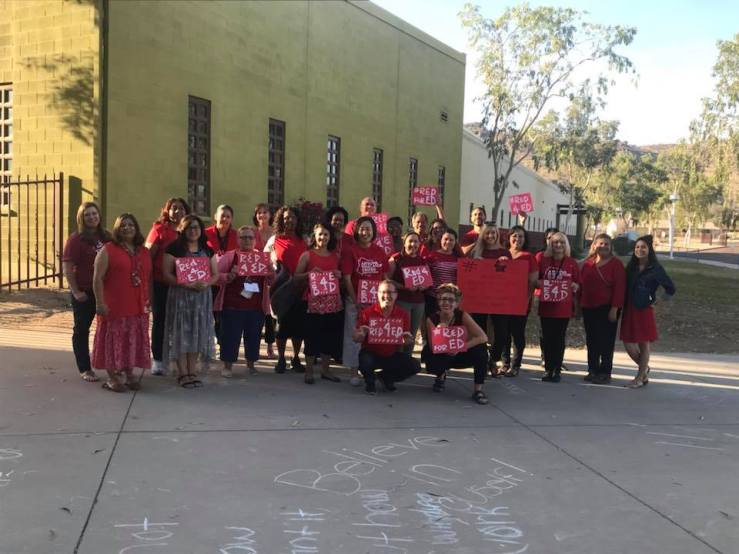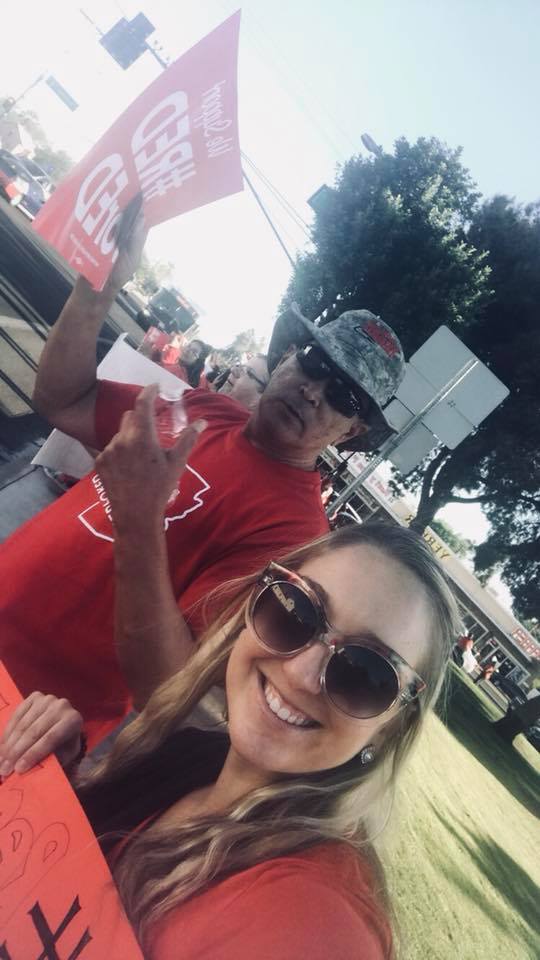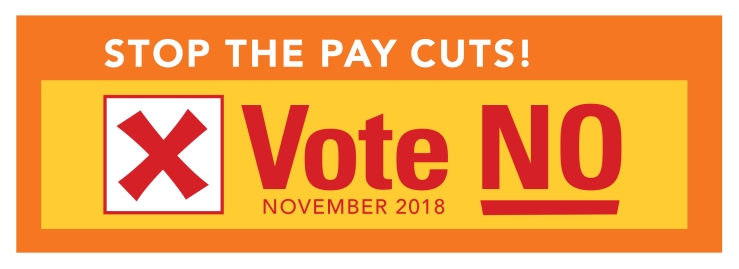A few weeks ago, while traveling I had a conversation with my Lyft driver about politics. My driver and I shared similar disappointments in the current administration with one exception. My driver had come to the conclusion that voting doesn’t matter and was thinking about not voting in the next election. “What does it matter?” I could certainly understand this perspective. We may soon find out the full extent to which Russia interfered with the Presidential Election and compromised the integrity of the electoral system. Even if this turned out not to be true, there is something to be said about politicians becoming more embolden to act in the interests of the economic elite and other special interests rather than those they were elected to serve. One recent example is the Tax Reform Bill that passed despite the fact that the majority of people were against it. If our vote doesn’t really count and our politicians don’t listen to us, I can see why people would make the decision not to participate.
Our democracy is not working – that is to say it does not represent the voice of the people. The political scholars I studied while getting my Political Science degree tend to respond with an explanation that people are apathetic about politics and thus, the democracy fails to function appropriately. Thus, if only people participated, our democracy would work. This I believe is partly true. It is absolutely true that a functioning democracy requires public participation, but it is also true that our democracy has never worked in the idealized sense that we imagine it to be. Proponents of voter apathy make the assumption that a democracy that works for the people has once existed. In order to imagine we had a truly representative democracy, one would have to ignore the details of our history. When this country was first founded only less than 5% of the country (white men with property) could have a say in the decisions that affect their lives. The Founders had a narrow view of democracy that excluded the majority of the people. It took revolutions to change this. Black folks and other people of color and women had the courage and audacity to claim that the vision of America where “all men are created equal, that they are endowed by their Creator with certain unalienable Rights, that among these are Life, Liberty and the Pursuit of Happiness” included them as well.
Though we have made significant gains with the passage of the Voting Rights Act in 1964, the fight for full participation still exists. Mississippi, for example, is one of ten states that does not reinstate a person’s voting rights after they have served their time for certain felonies. With the majority of the state’s prison population comprising of over 60% Black men, it is not too far fetched to say that the fight for equal voting rights is not over.
The Republican controlled Mississippi legislature has also refused to pass laws, such as mail-in ballots, online voter registration, and same day voter registration that would increase voter turnout. There are over 350,000 eligible voters in Mississippi that are not registered and less than 60% of the population votes (about 35% during mid-terms).
Why does this history matter? How does it impact our beliefs about voting and thus, our voting behavior? Well, if guilt were a motivator, I could say folks should vote because people risked and lost their lives to ensure that many of us could. But we all already know this and many still do not vote. The key take away is that the power of the people is and never was restricted to voting. Civic participation has in many ways been reduced to voting as if this is the only way to make our democracy work. Thus, many people are inclined to think they shouldn’t vote because it really doesn’t matter all that much.
There is another key misunderstanding that I think people have about voting that prevents them from participating. And that is that voting is an individual act. It certainly feels like it. We are responsible for registering ourselves, getting to the polls on Election Day, and casting our vote in a private booth. Voter engagement messaging is always framed as “your vote, your voice.” And well, we have come to accept that most of life is our individual responsibility. We can see this play out in our politics with the erosion of the social safety net and the expansion of the market to “meet” all of our needs and the self-help revolution that tells us all of our problems are in our head, and if we only changed our thoughts and behaviors, then all of our dreams would come true.
Despite the fact that most of our lives are walking contradictions of this perspective, we hold tightly onto it. We do so in so many creative ways. The justifications we come up with to force ourselves and other individuals to carry the weight of full responsibility for their lives is pretty fascinating, but not the point here. I say all of this to say that, in this environment, it is hard to imagine ourselves as part of a collective except for perhaps our family or other small groups we may associate ourselves with. So if most of us view and interact with society as group of individuals, then of course voting doesn’t make rational sense especially when elections are compromised and the politicians don’t act in our interests. But voting is a collective act.
Despite our hyper-individualistic culture, we still understand what it means to be part of a collective. We all function as part of a collective at work, at home, and in our social lives. Just as is the case in these relationships, we have a responsibility to participate to ensure the collective can continue to function, so too do we have a responsibility to vote to ensure our democracy functions. And if the system is rigged and the politicians are not listening, we have a responsibility to take other actions as well.
So to those of you who do not vote, I would like to leave you with a few words I shared with my Lyft driver. Don’t stop at the system is broken and conclude you should not act. Do not believe the lie that things are beyond your control and let it deprive you of your agency. The future is always uncertain, but that has never stopped the freedom fighters from taking action, and it shouldn’t stop you either. So whether you have never voted or always vote, this year vote and organize others to vote. Doing so helps us create a community experience around voting. Equally important, educate yourself about what needs to be done to expand our democracy and to fulfill the vision of a more fair, just, and sustainable world where all people have the ability to live their best lives. Do it for you. Do it for us.








